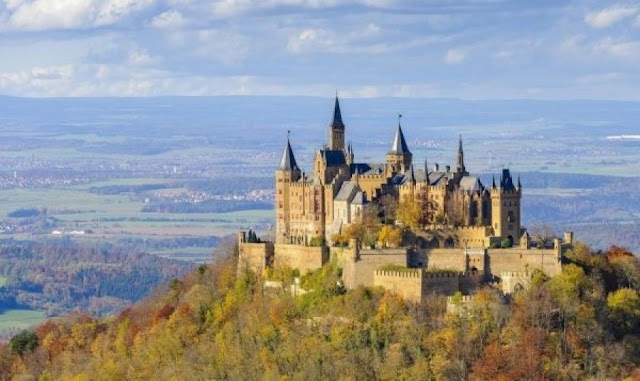 |
| Rheinfells Castle |
"The Rhinefells Agreement is a positive example of a solution to the conflict," said Georg Friedrich, Prince of Prussia after an extrajudicial settlement between the Hohenzollern family and the state, German media reported.
A spokesman for the Hohenzollern dynasty said a deal was possible "if both parties are right".
Representatives of the central government and some federal states are against the representatives of the last German monarchy since 2014.
Hohenzollern is seeking the return of some castles, as well as artworks that once belonged to the family, and which are now mainly Brandenburg objects.
The former Brandenburg state, which once belonged to East Germany, refers to the Treaty on the Unification of the Two German Republics, which precludes post-war restitution of nationalized property for those persons or families who "gave substantial support to the National Socialist regime" (Nazi).
From some expert witnesses who presented the research results to the Bundestag, it has not been possible to prove so far that the Hohenzollern dynasty supported Adolf Hitler.
The left-wing parliamentary party urges the government to suspend negotiations with the family of the late German Emperor Wilhelm II.
“The revolution of 1918 erased the monarchy. The Hohenzollern family has not yet realized that democracy has long been ruling,” said Left Party MP Jan Corte.
The party wants legal changes that would prevent any negotiations with representatives of the Hohenzollern dynasty regarding property restitution.
Wilhelm II was forced to leave Germany in 1918 after losing the First World War and proclaiming the Republic, choosing to spend the rest of his life in the Netherlands.
